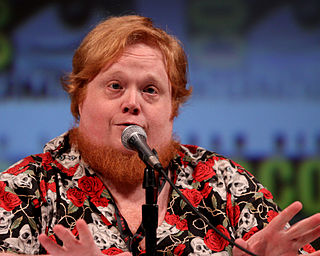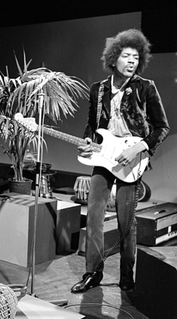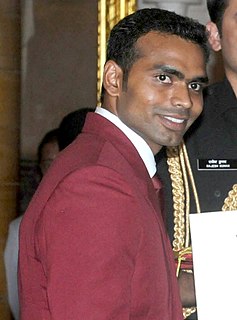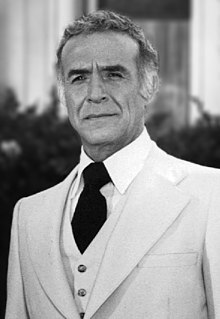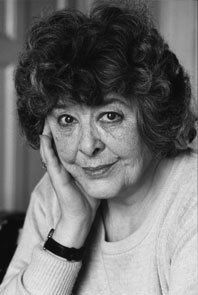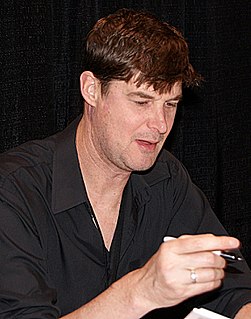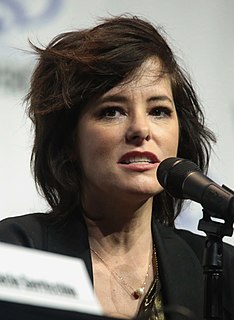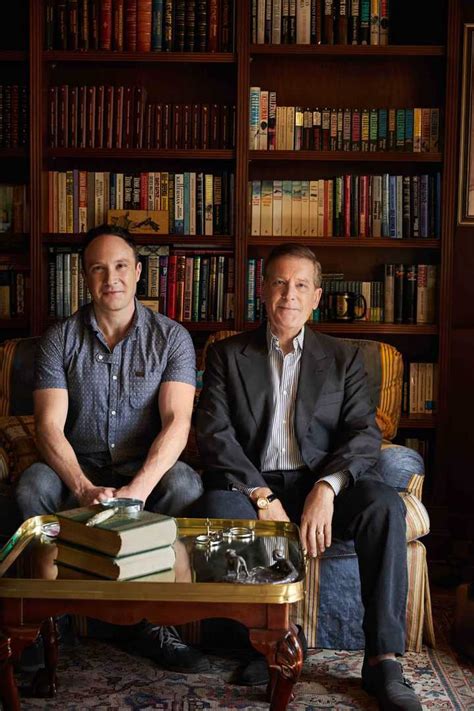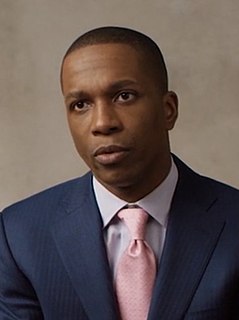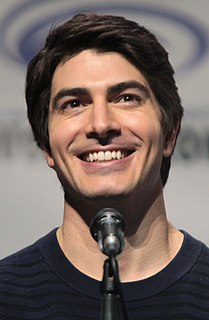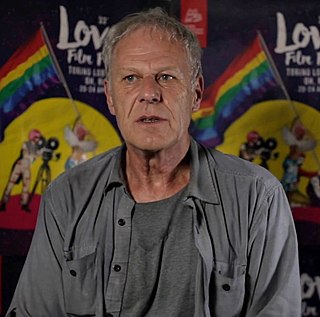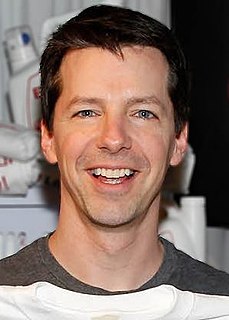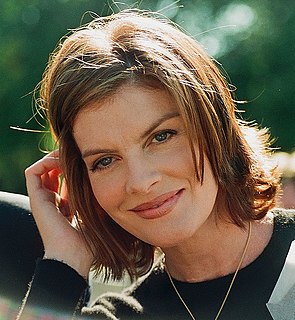Top 1200 Fantasy Novels Quotes & Sayings - Page 5
Explore popular Fantasy Novels quotes.
Last updated on November 22, 2024.
Fantasy is escapism, but wait... Why is this wrong? What are you escaping from, and where are you escaping to? Is the story opening windows or slamming doors? The British author G.K. Chesterton summarized the role of fantasy very well. He said its purpose was to take the everyday, commonplace world and lift it up and turn it around and show it to us from a different perspective, so that once again we see it for the first time and realize how marvelous it is. Fantasy - the ability to envisage the world in many different ways - is one of the skills that make us human.
If you read novels of the 19th century, they're pretty experimental. They take lots of chances; they seem to break a lot of rules. You've got omniscient narrators lecturing at times to the reader in first person. If you go back to the earliest novels, this is happening to a wild extent, like 'Tristram Shandy' or 'Don Quixote'.
When we work with history, to a very great degree we are all guessing. But by using motifs of time and history in a fantasy setting, we are acknowledging that this educated guesswork, invention, fantasy underlie our treatment of the past and its peoples - and we are not claiming a right to do with them as we will.

